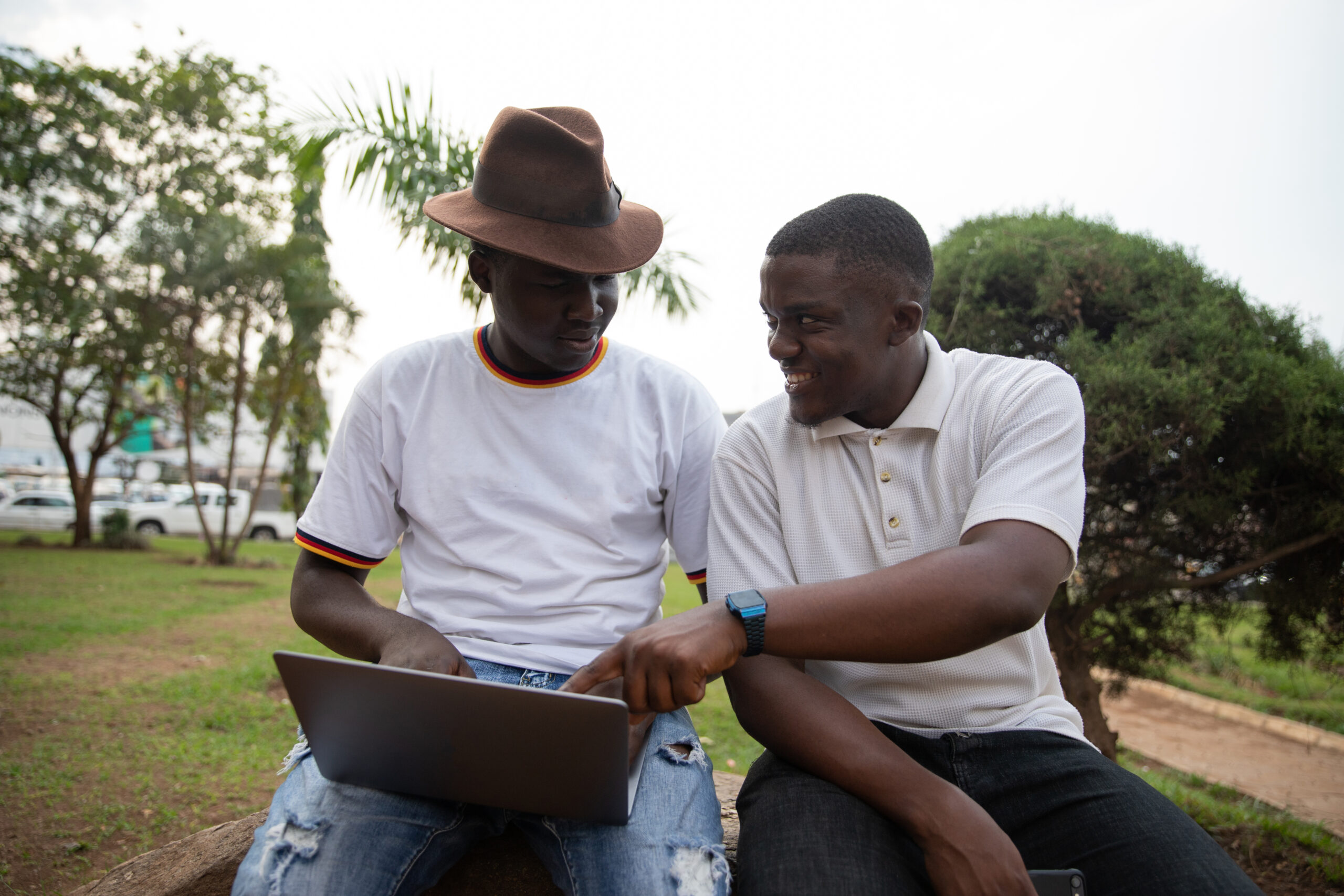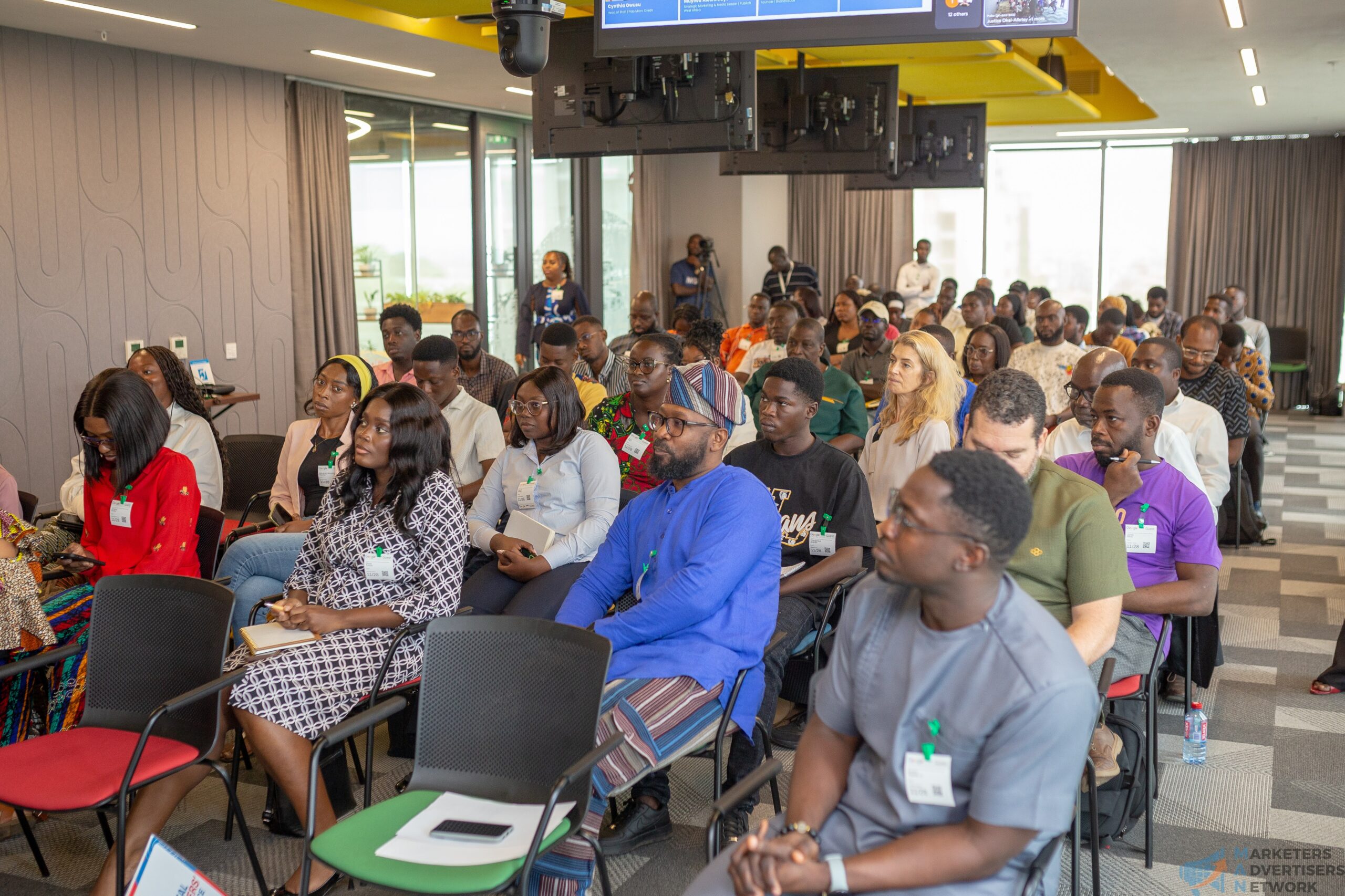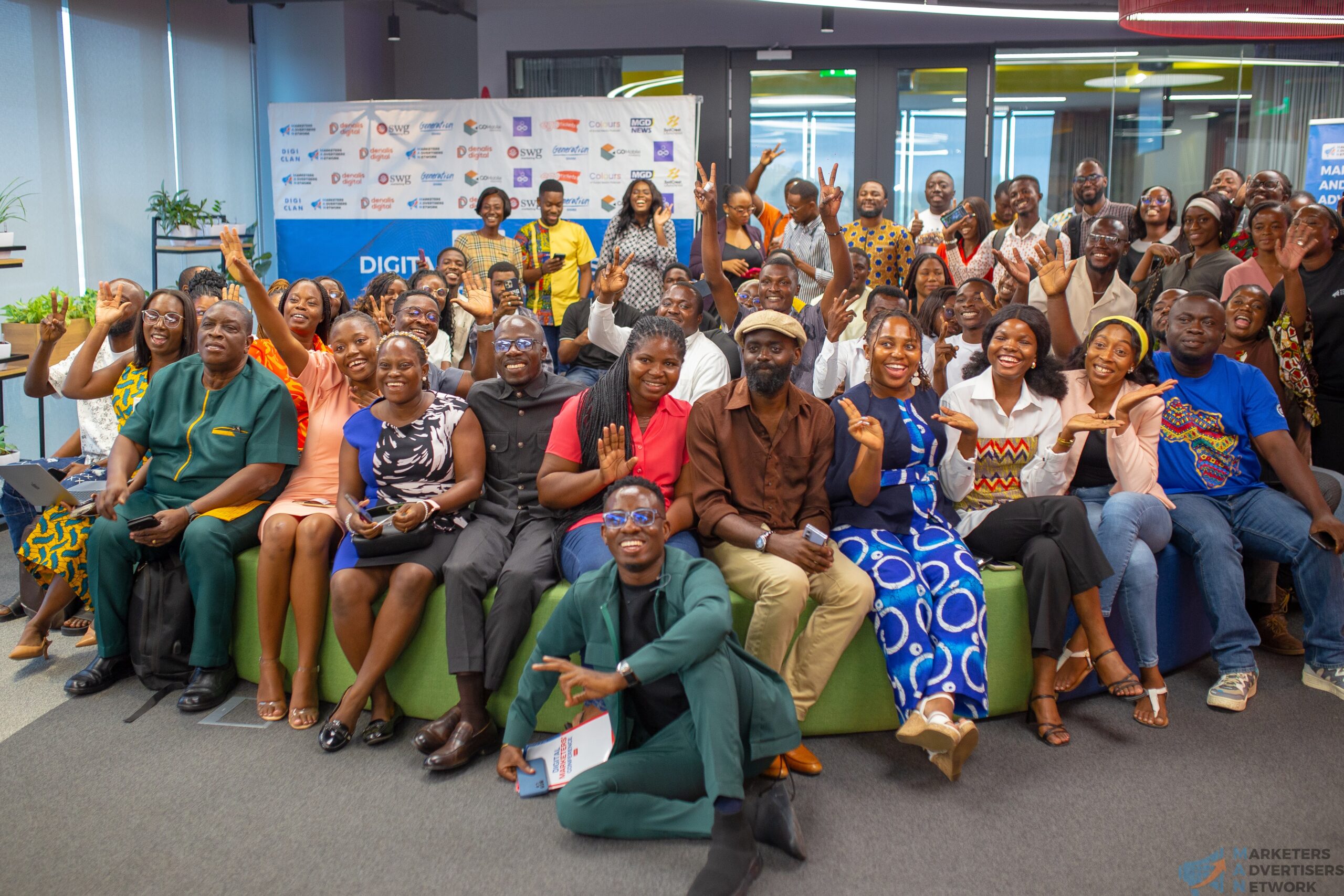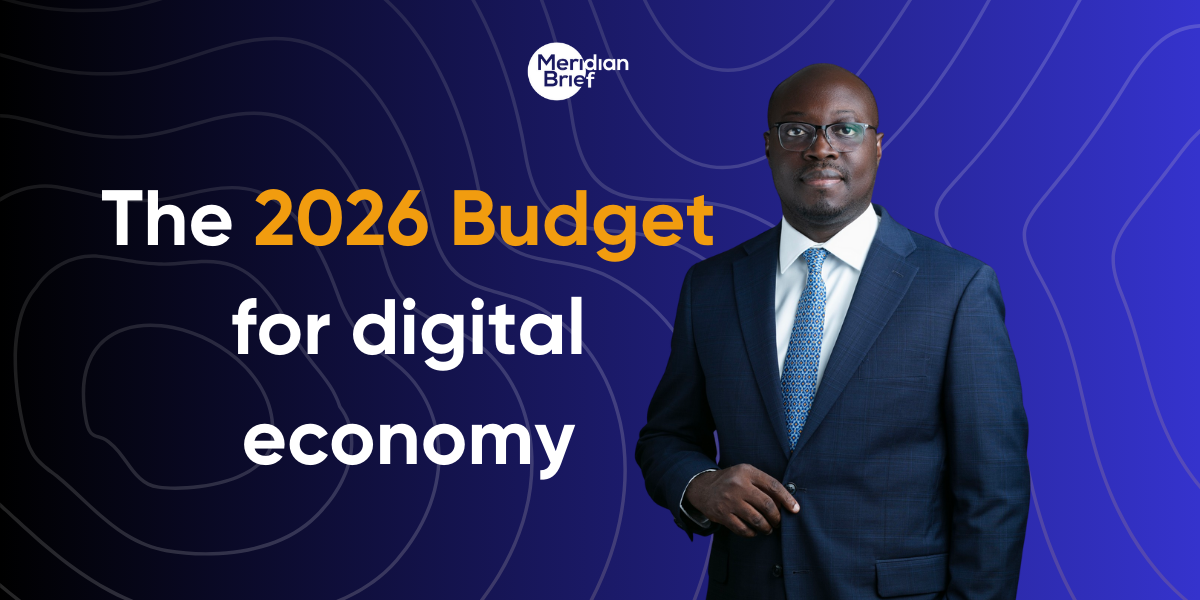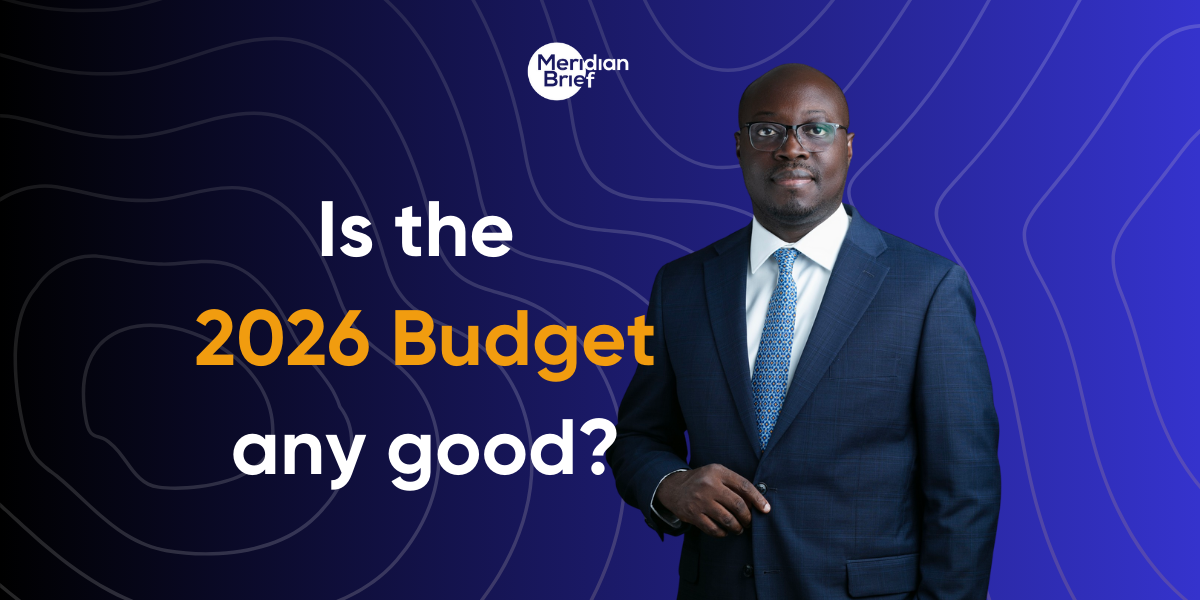TikTok has moved from an underdog as a platform to setting trends and shifting industries in just a couple of years. TikTok live streaming has become a notable development in Ghana’s commercial landscape. As young entrepreneurs and established traders alike adopt this mode of digital selling, many wonder how this new phenomenon compares with established …
TikTok Livestream Commerce in Ghana: A New Avenue for Business and the Road Ahead

TikTok has moved from an underdog as a platform to setting trends and shifting industries in just a couple of years. TikTok live streaming has become a notable development in Ghana’s commercial landscape. As young entrepreneurs and established traders alike adopt this mode of digital selling, many wonder how this new phenomenon compares with established giants such as China’s Alibaba and whether Ghana has the requisite infrastructure and institutional framework to sustain modern e-commerce trends. This article examines the evolution of TikTok livestream commerce in Ghana, its economic implications, and the challenges and prospects for the future.
The Rise of TikTok Livestreaming in Ghana
Early Beginnings and Rapid Adoption
The phenomenon of livestream selling on TikTok in Ghana began as a modest venture among enterprising youths who sought new means of commerce. With the increasing availability of mobile devices and improved internet connectivity in urban centers like Accra, Kumasi, and Takoradi, several young individuals discovered that live video broadcasts could serve as an interactive medium to showcase products. Initially, these ventures were informal affairs, small traders demonstrating local crafts, garments, and food items from their humble abodes.
TikTok’s platform, with its simple user interface and engaging short video format, provided an ideal space for these young entrepreneurs to interact directly with potential buyers. As word of mouth spread and success stories began to circulate on public forums and local media, the practice quickly gained currency. Livestreaming evolved from a mere novelty to a viable form of digital commerce, offering sellers an immediate way to connect with consumers in real time.
The Role of Mobile Technology and Social Interaction
The widespread adoption of mobile money platforms, such as MTN Mobile Money and Vodafone Cash, has further facilitated this development. These services, which allow secure and immediate transactions, have been critical in enabling sellers to complete sales on the spot. The combination of social interaction, visual appeal, and ease of transaction has led to the rapid growth of TikTok livestream commerce. However, most buyers still prefer to only view products during livestreams, then go to the shop to make the final purchase.
Young men and women, increasingly literate in digital communication, have embraced the livestream format not merely as a tool for entertainment but as a practical means of augmenting their incomes. Livestream sessions often include product demonstrations, live question-and-answer segments, and interactive features that allow viewers to purchase items with the click of a button. This model, which draws on traditional practices of market haggling and face-to-face sales, has adapted well to the digital world.
Economic Implications of Livestream Commerce
Enhanced Entrepreneurship and Income Diversification
For many Ghanaian youths, the practice of livestream selling has become a critical avenue for income diversification. In an economy where traditional employment opportunities remain constrained, especially for young and inexperienced workers, the flexibility and low entry cost of digital selling provide a welcome alternative. Young entrepreneurs can, with minimal capital, establish an online storefront and reach a wide audience without the need for a physical retail space.
The economic implications are considerable. By reducing the barriers to entry for commerce, TikTok livestreaming has enabled a broader segment of the population to participate in trade. This increased participation not only boosts individual incomes but also contributes to the national economy by expanding the retail sector. For instance, traders who previously relied solely on local markets now report higher sales volumes by leveraging online interactions to attract customers from beyond their immediate neighbourhoods.
Transformation of the Traditional Retail Model
Livestream commerce is also reshaping the role of intermediaries in the retail market. In many instances, middlemen or “plugs” who previously played a key role in traditional markets have now taken on the role of digital brokers. These individuals advertise products and facilitate transactions without holding inventory themselves, a model that has its roots in traditional commerce but is now executed with the efficiency of digital tools.
This shift has implications for consumer pricing, product variety, and market efficiency. By eliminating the need for extensive storage and logistic arrangements, drop-shipping intermediaries are able to offer competitive prices. However, this model also introduces challenges such as quality control and accountability, as the intermediaries rarely inspect goods personally. As Ghana’s market matures, the interplay between traditional middlemen and modern digital brokers will likely evolve, raising important questions about regulation and consumer protection.
Comparative Perspective: Ghana and Established Giants
When one compares TikTok livestream commerce in Ghana with the established e-commerce practices of Chinese giants like Alibaba, it is clear that Ghana is at an early stage in its digital transformation. Chinese companies have had decades to build extensive logistics networks, data processing capabilities, and consumer trust. Alibaba, for instance, is supported by a vast infrastructure network that encompasses warehousing, payment processing, and delivery systems, all integrated into a cohesive digital ecosystem.
In contrast, Ghana’s nascent livestream commerce, though promising, still faces several constraints. There are questions regarding whether Ghana’s infrastructure, both digital and physical, is sufficiently robust to support rapid expansion in e-commerce. Internet penetration has improved considerably, particularly in urban areas, but rural regions still lag. Moreover, the logistical networks required to ensure prompt and reliable delivery of goods remain underdeveloped compared to those in China.
Nevertheless, it would be premature to dismiss the potential of TikTok livestream commerce in Ghana. The rapid adoption among youth, coupled with government initiatives aimed at improving digital infrastructure, suggests that Ghana is laying the groundwork for a more robust digital economy. The key challenge remains the scalability of these innovations and the ability of local systems to catch up with global trends.
Infrastructure and Institutional Challenges
Digital Connectivity and Mobile Penetration
One of the fundamental pillars of successful e-commerce is reliable digital connectivity. Ghana has made significant strides in increasing mobile phone penetration, with more than 135 mobile subscriptions per 100 people in urban areas. However, the digital divide persists. Many rural communities still suffer from poor internet access, which hampers their ability to participate in digital commerce fully.
Recent government policies aimed at expanding broadband access and reducing the cost of mobile data are promising. Initiatives such as the Ghana Investment Fund for Electronic Communications (GIFEC) seek to extend connectivity to underserved regions. If these efforts are successful, they will not only broaden the e-commerce market but also enable a larger portion of the population to engage in livestream commerce.
Logistical and Supply Chain Limitations
While digital platforms like TikTok provide a means to connect sellers with buyers, the physical delivery of goods remains a significant challenge. In China, the integrated supply chain is a major factor behind the success of platforms like Alibaba. Ghana, however, is still developing its logistics and transportation networks. In many cases, the cost of shipping and the reliability of delivery services are cited as major concerns by both sellers and consumers.
Livestream sellers often rely on local courier services that may lack the capacity and consistency required to handle increased volumes of orders. This can lead to delays and affect customer satisfaction, ultimately impacting the credibility of the digital selling platform. Investment in better logistics, including more efficient warehousing and transportation networks, is critical if Ghana is to keep pace with modern e-commerce trends.
Regulatory Framework and Consumer Protection
A robust regulatory framework is essential to ensure that digital commerce operates smoothly and that consumers are protected. Ghana has made progress in areas such as mobile money regulation and data protection. However, the regulatory environment for e-commerce, particularly for livestream commerce, remains in its infancy.
There is a need for clear guidelines and policies that address issues such as quality control, consumer rights, and dispute resolution. The government must work closely with industry stakeholders to develop a framework that encourages innovation while safeguarding consumers. This will be crucial in building trust and encouraging broader participation in digital commerce.
Social and Cultural Dimensions of Livestream Commerce
Changing Consumer Behavior
The rise of TikTok livestream commerce has also led to a transformation in consumer behavior. Younger generations, in particular, are increasingly comfortable with digital transactions and expect a level of interactivity and immediacy that traditional retail does not offer. The ability to see a product demonstrated live, ask questions in real time, and make a purchase instantly appeals to a generation that values transparency and engagement.
For many consumers in Ghana, the livestream format provides an authentic and relatable experience. The sellers, often young entrepreneurs themselves, use informal language and local dialects, making the experience more personal and trustworthy. This marks a departure from more formal advertising methods used by traditional retailers and aligns closely with the cultural tendencies toward communal interactions and face-to-face communication.
The Role of Influencers and Content Creators
Influencers and content creators play a significant role in shaping the livestream commerce ecosystem. These individuals, many of whom have gained sizeable followings on TikTok, act as intermediaries who build trust with their audiences. By leveraging their popularity, they can introduce products in a manner that feels organic and engaging. Their role is not unlike that of traditional market vendors who rely on reputation and personal relationships to drive sales.
Several notable success stories have emerged. A young entrepreneur in Accra, for example, began hosting regular livestream sessions where she showcased handmade accessories and local fashion. Her engaging style and transparent pricing quickly earned her a dedicated following, and she has since expanded her business into a full-scale online retail operation. Such examples demonstrate that, while Ghana’s ecommerce infrastructure may still be developing, the social and cultural capital of its youth can drive innovation and growth.
Trust and Authenticity in Online Transactions
A critical factor in the success of livestream commerce is the issue of trust. Unlike traditional online shopping platforms, where transactions are often mediated by large corporations, livestream commerce relies on the personal credibility of individual sellers. Consumers in Ghana, much like their counterparts in other parts of the world, value authenticity. When sellers interact with their audience in a candid and unscripted manner, they create a sense of intimacy and reliability that encourages purchasing decisions.
However, this reliance on personal trust also poses risks. Without the backing of a robust regulatory framework or established consumer protection measures, disputes over product quality or delivery issues can damage the reputation of individual sellers and the platform as a whole. As such, it is imperative that efforts be made to develop standardized practices and mechanisms for resolving disputes, thereby ensuring that trust is maintained.
Comparing Ghana’s TikTok Livestream with Chinese E-commerce Giants
Lessons from Alibaba and the Chinese Model
China’s ecommerce giants, such as Alibaba, have had decades to develop comprehensive ecosystems that integrate digital sales, logistics, payment processing, and consumer services. Alibaba’s model is characterized by its vast network of warehouses, efficient last-mile delivery systems, and advanced data analytics that optimize consumer engagement. In contrast, Ghana’s TikTok livestream commerce is in its early stages, and while it has shown promise, it lacks many of the infrastructural and institutional advantages enjoyed by its Chinese counterparts.
There are, however, lessons to be learned. The Chinese model demonstrates the importance of an integrated supply chain and the role of government in facilitating e-commerce through investments in infrastructure. For Ghana, this suggests that while the innovative use of social platforms is commendable, there remains a significant journey ahead. Investments in physical infrastructure, such as transportation and warehousing, and further improvements in digital connectivity will be essential to sustain growth.
Do We Have What It Takes?
The question of whether Ghana has what it takes to match the advancements of Chinese e-commerce platforms is complex. On one hand, Ghana has a young, vibrant population that is quick to adopt new technologies and engage with digital content. The increasing penetration of smartphones and mobile money services has laid a solid foundation for digital commerce.
On the other hand, critical challenges remain. The logistical networks required to support high-volume, efficient e-commerce are still underdeveloped in many parts of the country. Rural areas, in particular, face significant deficits in both digital connectivity and physical infrastructure. Moreover, the regulatory environment for digital commerce is still evolving, and consumer protection mechanisms are not yet fully mature.
Nonetheless, there are signs of progress. The Ghanaian government is actively pursuing initiatives to enhance ICT infrastructure, improve broadband connectivity, and support digital entrepreneurship. Efforts by organizations such as the Ghana Investment Fund for Electronic Communications (GIFEC) and public-private partnerships aimed at improving logistics suggest that Ghana is taking steps in the right direction. Yet, it will likely be several years before the necessary infrastructural and institutional reforms are fully realized.
Prospects for the Future
Scaling Up and Institutional Development
For TikTok livestream commerce to continue its upward trajectory, it will be necessary for Ghana to scale up both its digital and physical infrastructure. This entails not only improving internet penetration in rural areas but also developing reliable and efficient logistical networks that can handle increased order volumes. Institutional development, particularly in the realms of regulation and consumer protection, will be critical to ensure that growth is sustainable and that consumer trust is maintained.
Government initiatives must be coordinated with private sector efforts to create a unified ecosystem. For instance, regulatory bodies such as the National Communications Authority (NCA) and the Ghana Investment Fund for Electronic Communications (GIFEC) should work together to streamline the digital payment and delivery systems. Furthermore, industry associations and chambers of commerce can play a role in advocating for policies that support the growth of e-commerce.
Enhancing Intermediary Functions
The role of intermediaries, those individuals who facilitate transactions without holding inventory, will also evolve. As the livestream commerce model matures, these digital brokers must adapt to provide greater value-added services. This may include establishing their warehousing solutions or forming partnerships with established logistics companies to ensure timely deliveries. Over time, these intermediaries could transition from simply connecting buyers and sellers to providing end-to-end ecommerce solutions, thereby contributing to the overall sophistication of the market.
The Social Transformation Effect
Beyond economic measures, TikTok livestream commerce has the potential to foster social transformation. By enabling young entrepreneurs to launch businesses with minimal capital, the model democratizes access to commerce. In traditional settings, market entry has often required significant investment or the support of established business networks. Livestream commerce, by contrast, lowers these barriers considerably, allowing individuals from diverse backgrounds to participate in the economy.
Furthermore, the interactive nature of livestreams can create a sense of community and shared purpose. As viewers engage with sellers in real time, they build trust and a sense of belonging. This social dimension may well prove to be one of the most transformative aspects of digital selling, as it empowers consumers to become active participants in the marketplace rather than passive recipients of goods.
Concluding Reflections
The rise of TikTok livestream commerce in Ghana marks a significant turning point in the nation’s commercial evolution. By harnessing the power of real-time digital interaction, young entrepreneurs are redefining the retail landscape, expanding market reach, and contributing to economic diversification. However, while this model has demonstrated considerable promise, it still has a considerable way to go before it can rival the fully integrated systems seen in China.
In comparing Ghana’s efforts with established giants like Alibaba, it becomes evident that while Ghana has a promising foundation, fueled by youthful energy, increasing mobile connectivity, and innovative digital practices, it still faces substantial infrastructural and regulatory challenges. The physical and digital infrastructure necessary to support high-volume ecommerce is still in a developmental phase, particularly in rural areas. Similarly, the institutional frameworks that govern consumer protection and dispute resolution in digital transactions require further refinement.
The question of whether Ghana has what it takes to compete on the global stage depends on the speed and effectiveness with which these challenges are addressed. Government initiatives aimed at expanding broadband connectivity, improving logistics, and enhancing regulatory frameworks are positive steps. Yet, substantial investment and sustained effort will be required to bridge the gap between the current state of digital commerce in Ghana and the advanced ecosystems of Chinese e-commerce giants.
Ultimately, the evolution of TikTok livestream commerce in Ghana is not solely a matter of technology; it is a broader socio-economic transformation. The model represents a confluence of youth entrepreneurship, improved digital connectivity, and innovative marketing practices. For Ghana to fully realize the potential of this model, a concerted effort must be made to develop the supporting infrastructure and institutional environment. With targeted investments and a collaborative approach between the government and the private sector, Ghana can continue to build on its early successes and pave the way for a more robust digital economy.
As Ghana moves forward, the ongoing dialogue between stakeholders, entrepreneurs, regulators, and consumers will be crucial. Their collective insights and experiences will shape the path toward a more integrated and resilient e-commerce ecosystem, one that may one day rival the systems in place in more developed economies. In the meantime, the current momentum of TikTok livestream commerce offers a hopeful glimpse into the future of commerce in Ghana, where innovation and determination continue to drive economic and social progress.
Subscribe to MDBrief
Clean insights, a bit of sarcasm, and zero boring headlines.





